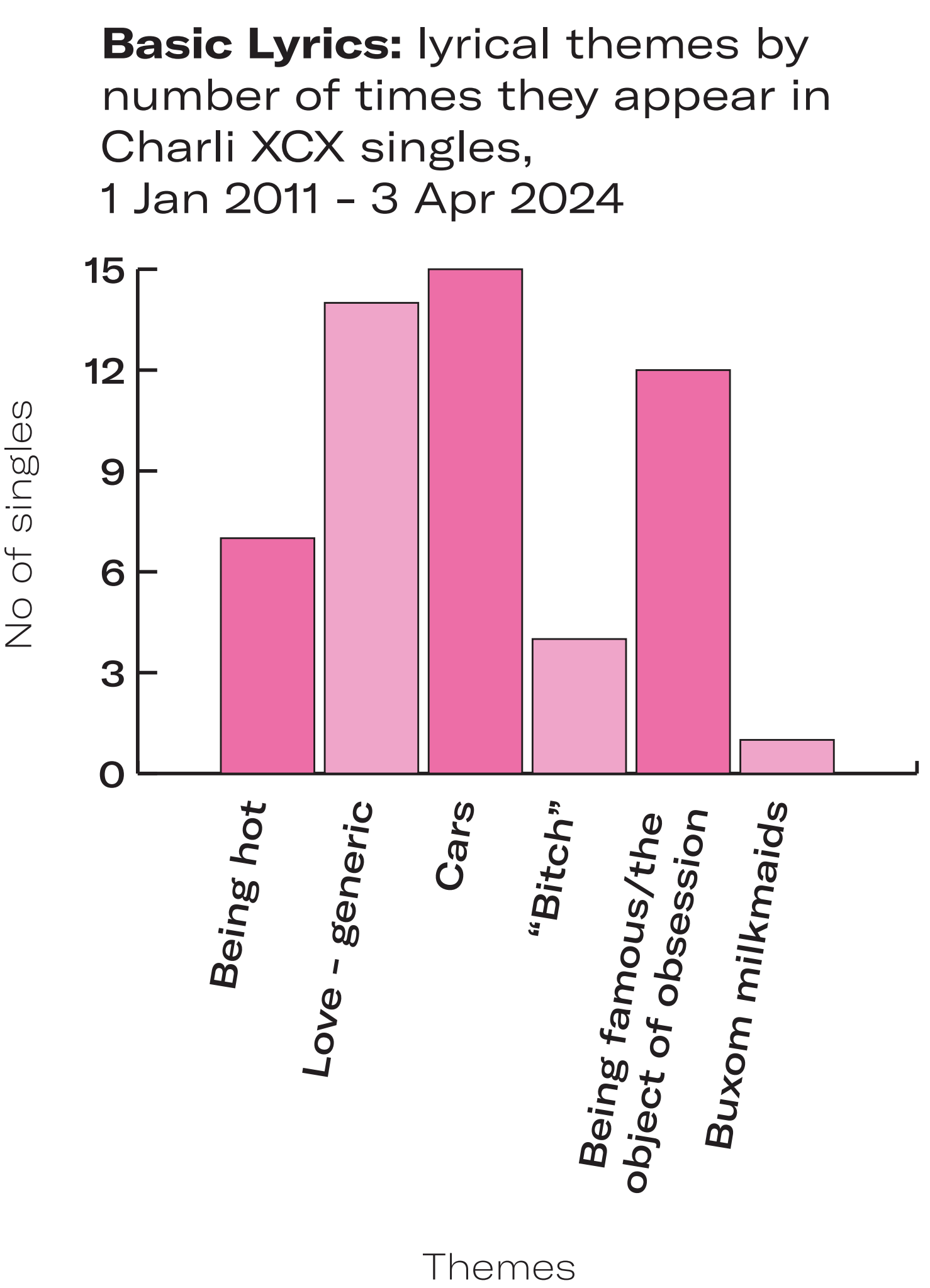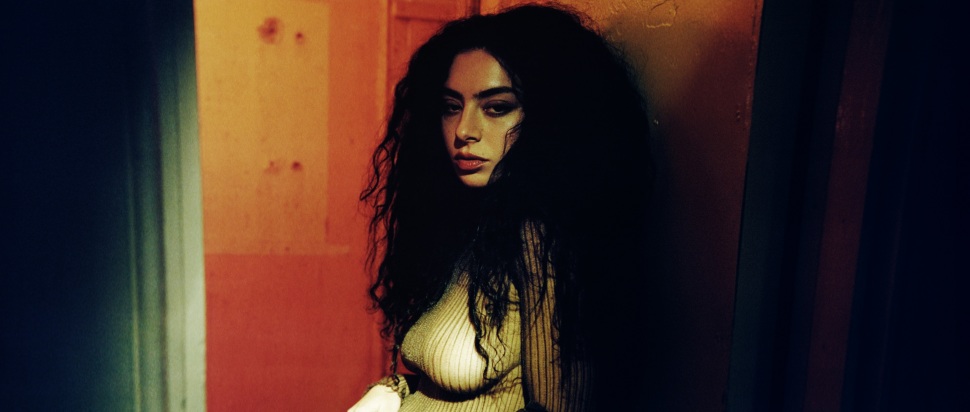In Defence of the Brats: Charli XCX and bratpop
Ahead of her new album, a look at the evolution of Charli XCX, and an exploration of the on-the-surface simplicity of the bratpop genre
Of Nobel laureate Seamus Heaney, it was often said that his power as a poet lay in his instinctive grasp of the sound and shape of the English language – blanch his words of all meaning and they will still sound pleasant in your mouth. Now, attempt that process with the lyrics of Charli XCX and I think you’ll be equally satisfied.
Our Charli gets a fair amount of eyeroll treatment from music snobs: haters will say “this song isn’t really about anything” or “that’s not how cars work.” The silent verdict is that her music is uncomplicated and silly and therefore “not good.”
Setting aside the fact that quality often lies in simplicity (see: the little black dress; the exquisite writings of Adrian Chiles), these people are missing the point of bratpop. The movement, of which Charli XCX is poster child, is based on swanning – it appears simple and easy, as if almost no effort has been put into it, but under the water there are webbed feet thrashing about.
If you’re new to the genre, it can be roughly summarised as follows: bratpop (in its current evolutionary phase) is a spin-off of hyperpop, defined by an industrial or cartoonish sound, blasé, petulant lyrics and, more broadly, a bit of an attitude. Bratpop is saying “I need something to look forward to” despite having a holiday booked in five days’ time; it's mum using dad’s credit card to de-ice the windscreen; it's Paris Hilton getting into the booth to record the words “that’s hot” and coming away with a songwriting credit.
The portmanteau and the ideology has been around for a while. California duo HOLYCHILD released their debut album The Shape of Brat Pop to Come in 2015 and defined it perfectly in promotional interviews: “Bratpop is sarcastic pop music. It’s us poking fun at our culture’s obsession with fame, youth, self […] bratpop extends also to this middle ground […] between experimental and accessible art.”

Their sound is very different from what I’ve been describing up until now – not a million miles from early Charli, but certainly not hyperpop. You can hear parallels with a bigger, more produced version of the Ting Tings, who some people have labelled as bratpop themselves (this writer would not, but these genres are very online so you’ve gotta pay your respect to Reddit).
HOLYCHILD’s sound is distinctly American – while the sound of the contemporary brat is being shaped in large part by a British sonic identity. A.G. Cook’s latest single does after all feature a vocal line that is just Charli singing the word britpop 40 times.
Fundamentally though, we can attribute the different sound to the passage of time. If you’ve ever been stuck in the middle of an argument about the first true punk act, you can hopefully understand how the philosophy behind a genre can make its mark a decade before the sound itself crystallises. If you’re not sure whether what you’re hearing is bratpop, ask yourself one thing: is it self-aware? In this way, identifying a brat is the same as conducting the Turing Test.
Most contemporary pop writing is pretty basic – Boys has about the same melodic and lexical variety as Physical by Dua Lipa, but while Boys knows itself, Physical is delivered with a sincere belt that is wildly out of proportion with the quality of the lyrics. Your typical bratpop vocal line is delivered with a throwaway silliness that is appropriate for the content of the words. It should feel a little bit faux – like the performer is an actor.
This blatant façade is fundamental to the genre. Peel back the lid of any brat and you’ll find someone who uses so much energy on stage that they have to take extra care of themselves for the other 22 hours of the day. You won’t catch Janet Planet at the afterparty of any Confidence Man gig – she’s back at the hotel in bed by 11pm. Charli XCX has strived to align herself with the sesh gremlins, the entitled, and people who get turned on by car crashes, but in reality she is a hardworking songwriter who spends a lot of money on car insurance and is in a long-term monogamous relationship with a man from Cheshire.
That’s what a brat is – a performance of laziness, refracted through the prism of the internet age. I, for example, could Google ‘philosophy that justifies being self-obsessed for concluding an article’ and I could give you the perfect lazy yet creative resolution just like that.
